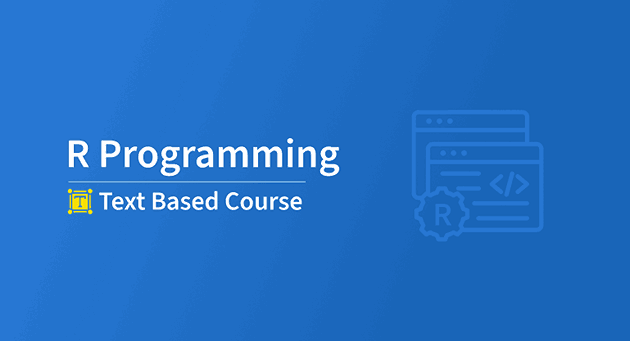| CARVIEW |
Select Language
HTTP/2 200
content-type: text/html; charset=utf-8
date: Mon, 25 Aug 2025 00:23:35 GMT
permissions-policy: interest-cohort=()
strict-transport-security: max-age=31536000; includeSubDomains
server: nginx
cache-control: s-maxage=49688, max-age=0
x-powered-by: Next.js
etag: "vqdqfz263w6tku"
content-encoding: gzip
x-xss-protection: 1; mode=block
x-content-type-options: nosniff
referrer-policy: no-referrer-when-downgrade
content-security-policy: default-src 'self' http: https: ws: wss: data: blob: 'unsafe-eval' 'unsafe-inline'; frame-ancestors 'self';
vary: Accept-Encoding
x-cache: Miss from cloudfront
via: 1.1 fc337a18486853573019f707e82f6b9e.cloudfront.net (CloudFront)
x-amz-cf-pop: BOM78-P9
x-amz-cf-id: tGSPpk191PM4ovsKvkcXUCm6hiJFWO542eJ8LZkeKBfY5nw09QImxQ==
TypeScript | TypeScript Functions | Question9 
Interview Preparation
- Interview Preparation For Software Developers
- Must Coding Questions - Company-wise
- Must Do Coding Questions - Topic-wise
- Company-wise Practice Problems
- Company Preparation
- Competitive Programming
- Software Design-Patterns
- Company-wise Interview Experience
- Experienced - Interview Experiences
- Internship - Interview Experiences
TypeScript | TypeScript Functions | Question9
Last Updated :
Discuss
Comments
How does type assertion work in TypeScript when casting?
It allows you to tell TypeScript to treat a variable as a more specific type.
It performs a runtime conversion of types.
It enforces the variable to always be of the asserted type.
It helps in creating custom type aliases.
This question is part of this quiz :
TypeScript Functions QuizShare your thoughts in the comments

GeeksforGeeks
We use cookies to ensure you have the best browsing experience on our website. By using our site, you acknowledge that you have read and understood our Cookie Policy & Privacy Policy





